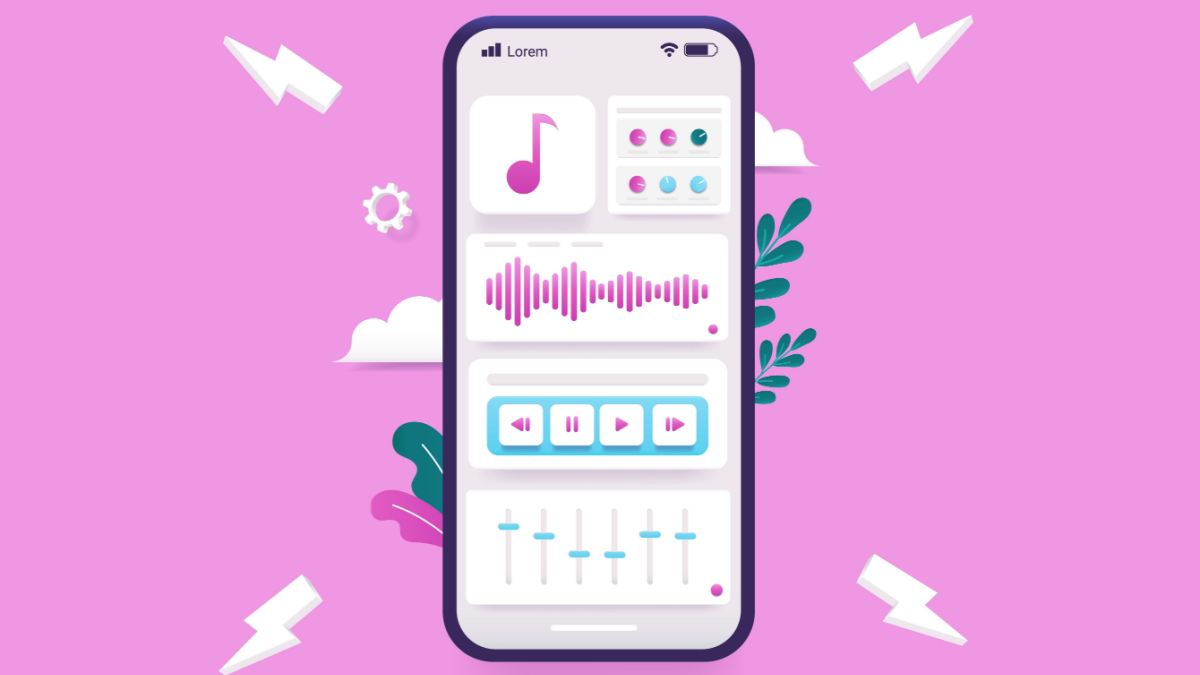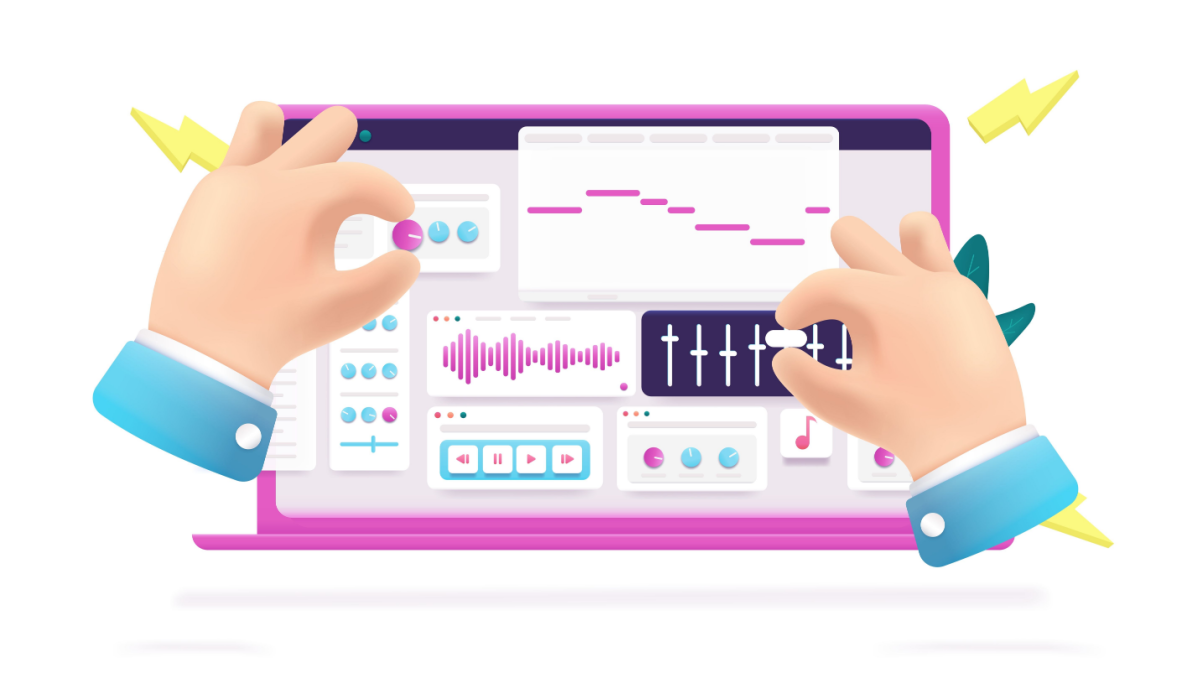
Google, on May 11th, released an experimental AI tool called "MusicLM" that interprets textual descriptions to generate music. This innovative tool is accessible through desktop browsers and the "AI Test Kitchen" app available for Android and iOS devices. By simply inputting a descriptive text that represents the desired music, users can explore two versions of generated music and indicate their preference by liking the preferred version. Google leverages this user feedback to enhance the performance of the AI system. Additionally, both versions of the music can be downloaded and saved for later use.
The Functionality of MusicLMGenerating Music Based on Descriptions
MusicLM operates by utilizing natural language processing techniques to understand and interpret user-provided descriptions of the desired music. Users can input text that captures the essence, mood, or characteristics they want the generated music to possess. This innovative approach enables individuals who may not possess musical expertise to effectively communicate their musical preferences to the AI system.Presentation of Multiple Versions
Once the user's description is entered, MusicLM generates two distinct versions of music that correspond to the provided text. These versions are presented to the user, providing them with a comparative experience. By presenting multiple options, MusicLM allows users to explore different musical interpretations of their descriptive input.
User Feedback and Performance Improvement
To enhance the AI system's performance, MusicLM incorporates a user feedback mechanism. After listening to the two generated music versions, users have the opportunity to indicate their preference by liking one of the versions. This feedback plays a vital role in training the AI model to generate music that better aligns with users' preferences and intentions. By incorporating user feedback, Google aims to refine the AI system's ability to generate music that resonates with individuals.
Both versions of the generated music are available for download and can be saved for later use. This feature allows users to access the music offline or incorporate it into their personal projects, presentations, or creative endeavors. By enabling users to download and save the music, MusicLM provides a convenient way to utilize the generated compositions in various contexts.

Accessibility and Inclusivity
One of the key advantages of MusicLM is its ability to bridge the gap between individuals without musical expertise and the creation of music. By allowing users to describe their desired music instead of requiring them to compose or perform it, MusicLM opens up opportunities for a more diverse range of people to engage with music creation. This inclusivity can foster creativity and self-expression among individuals who may have previously felt excluded from the musical domain.
MusicLM serves as a powerful tool for creative inspiration and exploration. It empowers users to experiment with different descriptive inputs and discover how their ideas are translated into musical compositions. This process can spark new ideas, facilitate the exploration of musical genres or styles, and encourage users to think beyond conventional musical boundaries.
The integration of user feedback into MusicLM's AI system creates a collaborative learning environment. As users provide feedback by expressing their preference for one version of the generated music, the AI model can learn from these preferences and refine its music generation capabilities. This iterative process of feedback and improvement showcases the potential of AI technology to continuously evolve and adapt based on user input.
Google's release of the experimental AI tool MusicLM signifies a significant step forward in music generation technology. By allowing users to describe their desired music, generating multiple versions for comparison, and incorporating user feedback, MusicLM provides an accessible and inclusive platform for music creation. This innovative tool has the potential to inspire creativity, foster inclusivity, and advance the capabilities of AI in the field.